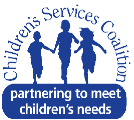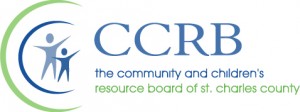Warning Signs
Warning signs for suicide are specific demonstrations or examples of Risk Factors. Warning signs can be changes in behaviors, emotional attitudes or social activities
Behavioral: an obvious change in a usual, regular or accepted activity
- Change in eating patterns (significant weight changes)
- Giving away possessions
- Unwillingness or inability to communicate
- Extreme or extended boredom
- Accident prone (carelessness)
- Major loss (of loved one, home, loss through divorce, trauma, relationship)
- Running away from home or truancy from school.
- Rebelliousness
- Perfectionism
- Tendency toward impulsiveness/anger
- Use of drugs and/or alcohol
- A serious illness or injury
- Failing in school or failing to pass an important test
- Remorse or causing another person’s pain; a broken romance, an accident that injured another person
Emotional: a noticeable change in feelings, opinions and attitudes
- Abrupt changes in personality
- Inability to tolerate frustration
- Depression
- Unusually long grief reaction
- Unusual sadness, discouragement and loneliness
- Inability to concentrate
- Withdrawal from people, especially close friend, family and/or favorite activities
- Restlessness
- Irritability
- Anxiety – stress
- Loss of self-esteem
- Previous suicide attempts
Social: an identifiable change in relationships, peer groups or self-care
- Ending of a romance or long-standing relationship
- Neglect of personal appearance
- Sexual promiscuity
- Hostile or reckless behavior
- Problems with school or the law
- Unexpected pregnancy
- A stressful family life
- Parents who are substance abusers or depressed
- Family history of suicide
- Stress due to new situations; beginning a new school, college or relocating to a new community
- Loss of security; fear of, intimidation, bullying by a supervisor, group or gang
Learn about interventions or how to take action to prevent suicide.









